Fish and Potatoes
Imagine standing on the rugged shores of Newfoundland in the 1500s, the briny sea breeze tugging at your hair. Before you, the vast North Atlantic stretches out, its shimmering surface concealing treasures beneath. Tales whispered among sailors spoke of waters so bountiful with cod that one could simply lower a bucket and pull it up filled with fish. The European fleets, intrigued by these stories, ventured westward and found the tales to be no exaggeration.
For the next four centuries, life in Newfoundland revolved around the rhythms of the cod. The industry burgeoned, employing tens of thousands. As technology raced ahead, mammoth trawlers and state-of-the-art fish-detection equipment became the new norm. Nets bulged with each haul, and the docks of Newfoundland echoed with laughter and song. This, they believed, was an endless bounty.
But, beneath the waves, a sinister shadow crept in. The relentless extraction began stretching the cod population thin. Scientists, alarmed by their observations, raised red flags, warning of an impending collapse. But their voices were mere whispers drowned out by the cacophony of prosperity.
By the late 1980s, fishermen began noticing a disturbing trend. The once bountiful catches started dwindling. Nets returned half-empty. An unsettling hush settled over the docks, replaced by hushed conversations and furrowed brows.
And then, in 1992, the storm broke. The Canadian government, in a move that sent shockwaves through Newfoundland, announced a moratorium on cod fishing. The heart of the province stopped beating overnight.
Desolation reigned. Ships that once set out with hope now lay anchored, rusting memorials to a bygone era. Over 40,000 workers, their hands once busy with the day's catch, now stood idle, staring at the silent waters. Families who had known no other way of life were thrust into a maelstrom of uncertainty. Villages that had buzzed with activity turned eerily quiet, the joyous songs replaced by the melancholic cries of gulls.
150 years earlier, across the Atlantic, the Irish faced their own devastating consequence of dependence. Just as the seas once teemed with cod, Ireland's fields were lush with a singular crop that would both sustain and betray a nation: the potato. As the Irish would soon discover, placing all hopes on a single source can lead to a cascade of unforeseen repercussions.
The year was 1845, and Ireland was a green tapestry of rolling hills and fertile fields. Dominating these landscapes was a singular crop that had become the staple of the Irish diet and economy: the potato. It was easy to cultivate, nutritious, and yielded large harvests. Entire families and communities built their livelihoods around this humble tuber.
But beneath this surface of agricultural prosperity, a microscopic menace lurked. Phytophthora infestans, a fungal disease better known as potato blight, made its insidious entry into Ireland. Initially manifesting as dark, water-soaked spots on the leaves, the blight soon consumed entire fields, leaving behind a wasteland of rotting, inedible tubers.
The news spread across villages with a mix of disbelief and fear. Many farmers, recalling the bountiful harvests of the past, believed it to be a temporary setback. "Next season will be better," they whispered, clinging to hope. But as the blight persisted year after year, that hope waned.
By the time the famine reached its peak, a million Irish souls had perished from starvation and disease, and another million fled their homeland in search of a better future. The emaciated faces of children and the desolate landscapes of once-thriving villages became haunting symbols of a nation's tragedy.
Whether it's the once-plentiful waters of New England or the fertile fields of Ireland, the stories of cod and potatoes serve as poignant reminders of the dangers of over-reliance. Both communities, miles apart, faced eerily similar fates when their primary resources dwindled. Their tales underscore the importance of diversification, not just in nature but in our personal and financial lives. By spreading our investments, interests, or even our sources of sustenance, we safeguard ourselves against unforeseen adversities. Just as a wise fisherman casts a wide net and a prudent farmer plants varied crops, we too must diversify our approaches to anticipate and weather life's uncertainties. The lessons from cod and potatoes remind us that true security lies not in abundance, but in diversity.
